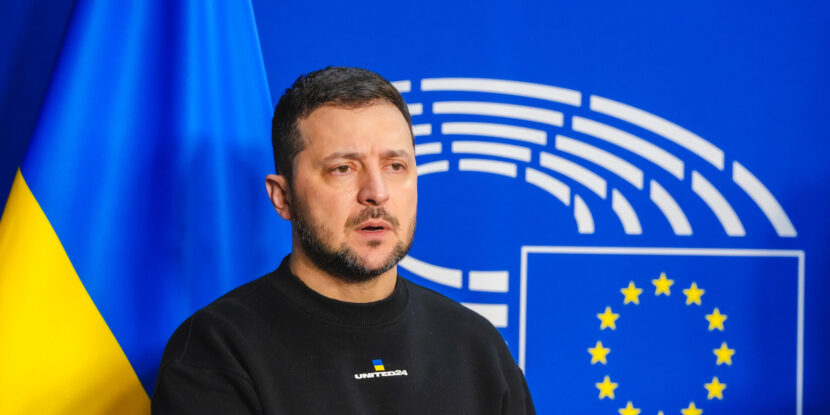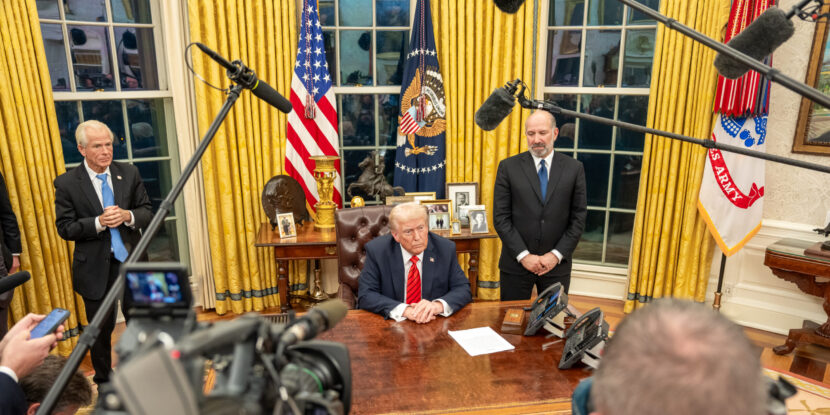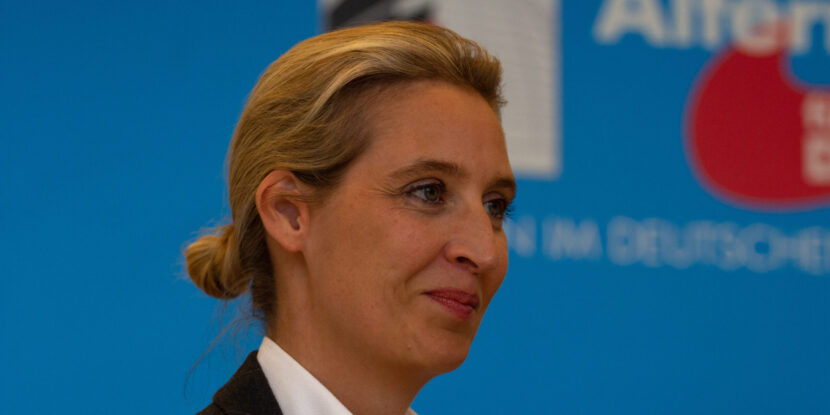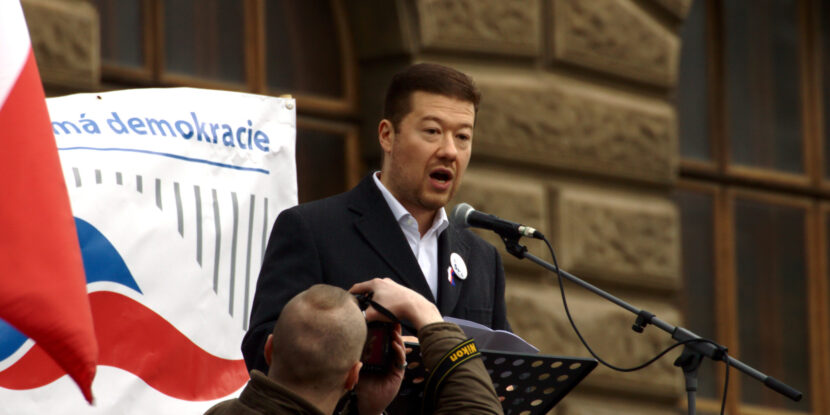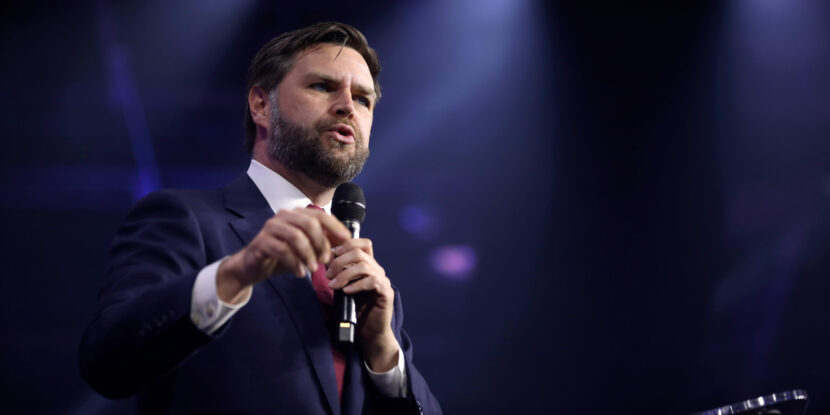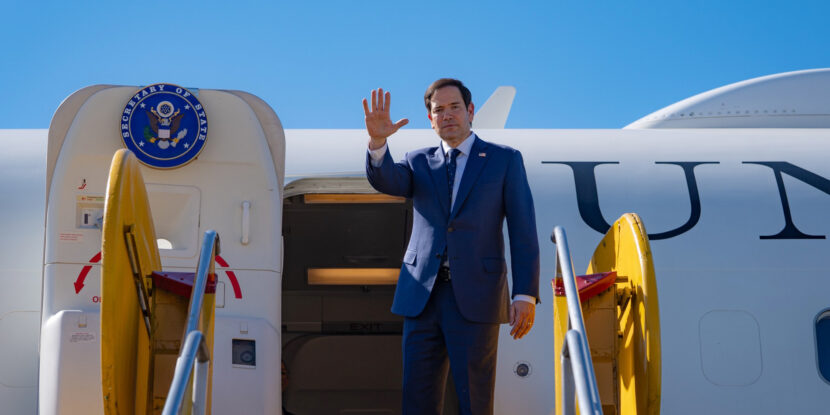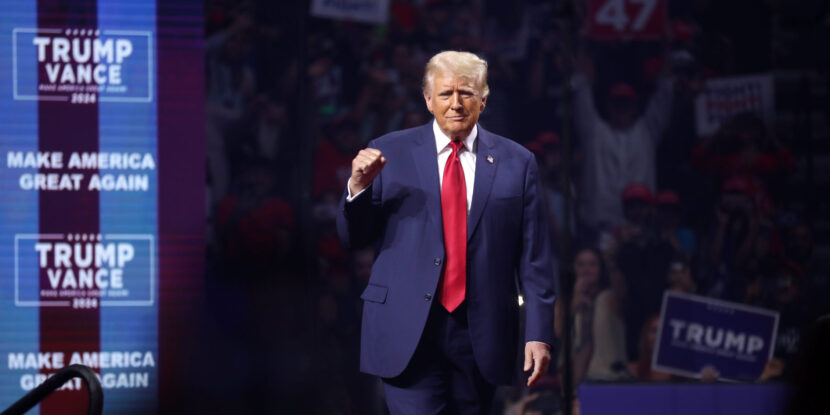Ukraine’s President Volodymyr Zelensky is canceling his expected appearance at peace talks with Russian officials to be held in Saudi Arabia and moderated by the United States. Zelensky instead announced on Tuesday he would depart Ankara, Turkey, where he was holding meetings with Turkish strongman Recep Tayyip Erdoğan, and head home to Ukraine.
“For Europe, it is fundamentally important that any talks on ending the war do not happen behind the backs of the key parties involved, who are affected by the consequences of Russia’s aggression,” Zelensky said in a press conference on Tuesday in Ankara. He continued: “Ukraine, and in the broader sense Europe, Turkey, and Great Britain, must be involved in the talks and in working out the necessary security guarantees, together with America, that concern our destiny in our part of the world.”
“For a lasting peace, it is important not to make any mistakes. It is only possible when the talks are just,” Zelensky added.
Between the lines, Zelensky’s 11th-hour decision to skip the Saudi Arabia talks is partly due to his desire to bring other pro-Ukrainian countries into the negotiations. Zelensky appears intent on ensuring that the United Kingdom and Turkey are party to any peace discussions, which appears to be aimed at reducing the United States’ influence on these discussions. Zelensky and U.S. President Donald J. Trump have had a strained relationship, with the latter suspecting Zelensky of being unrealistic regarding his country’s position in its ongoing U.S.-sponsored defense against Russia’s invasion.
The National Pulse has previously reported that President Trump and Russia’s President Vladimir Putin have agreed to a series of meetings as the former continues to push the Russians to end their war with Ukraine.
Image by European Union 2023– Source: EP.
show less